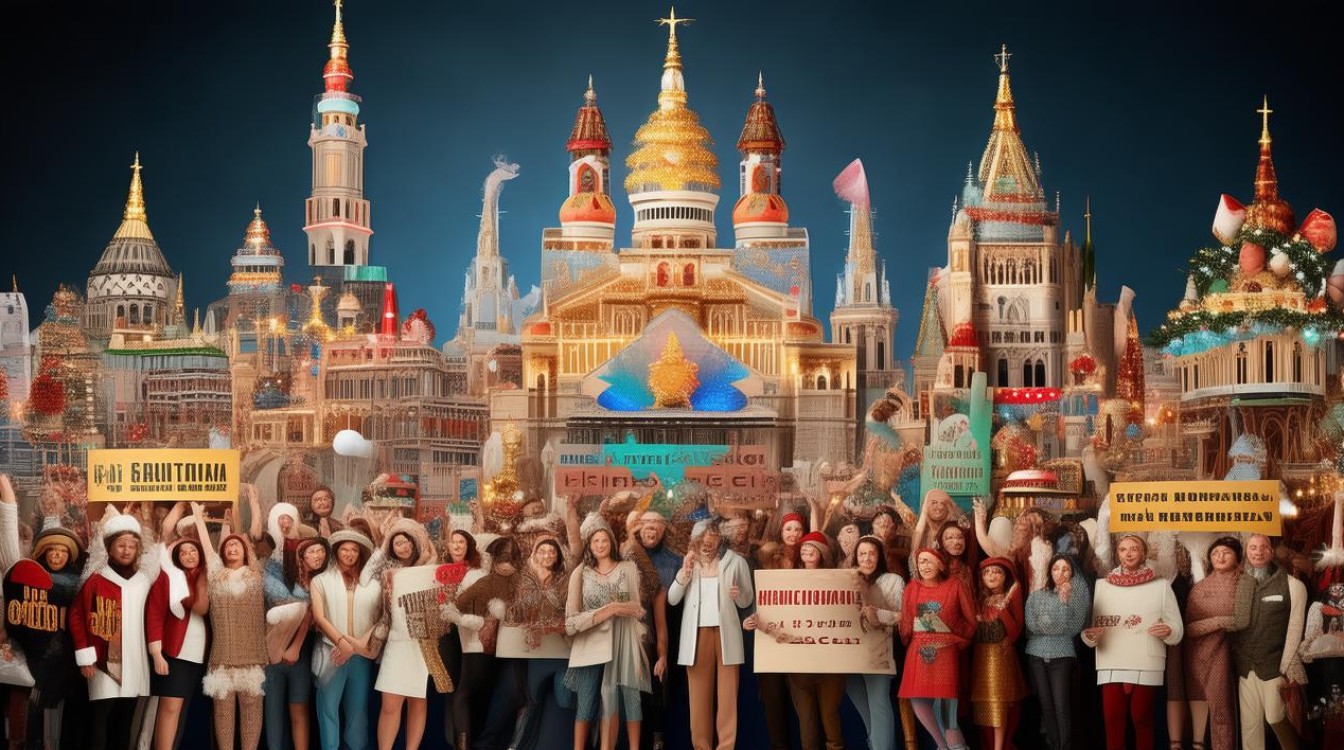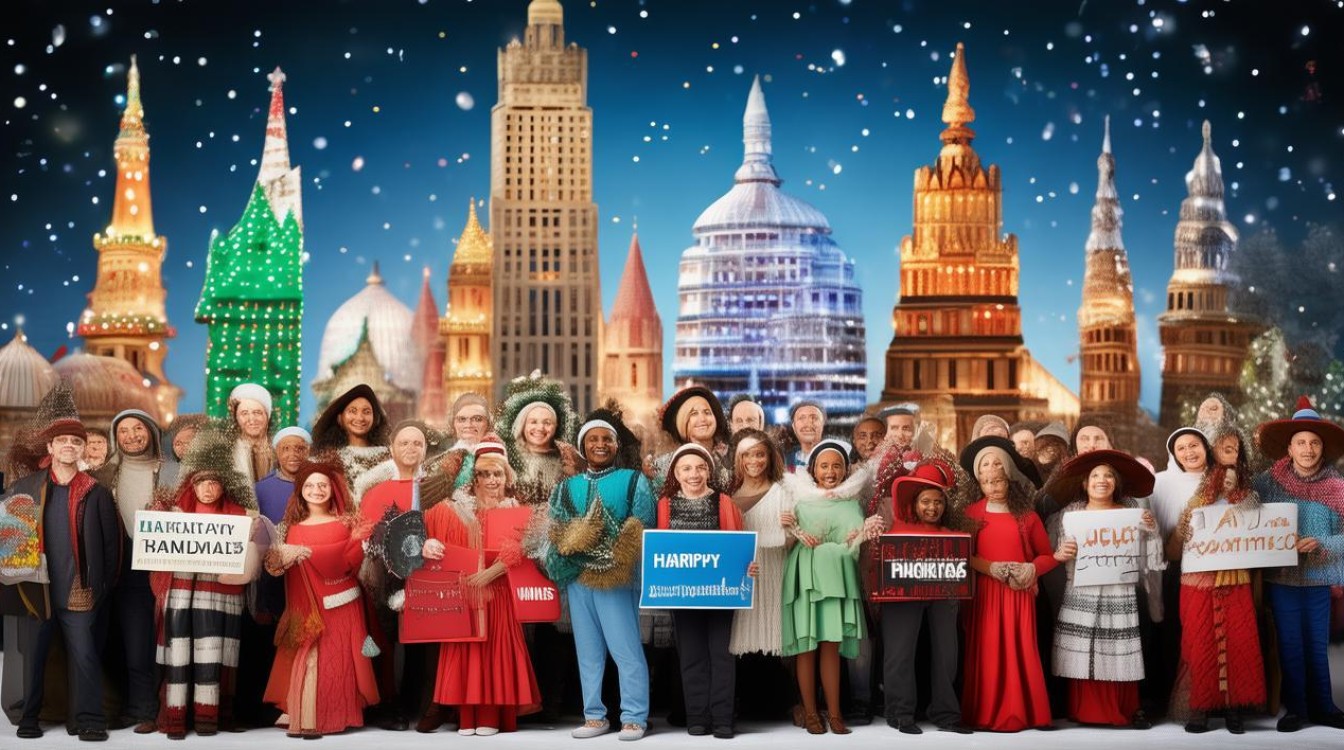Holidays are a universal language of joy, tradition, and connection. Whether you're traveling, studying abroad, or simply exploring different cultures, knowing how to talk about celebrations in English can enrich your experience. This guide will help you master key vocabulary for major holidays, cultural observances, and festive expressions.

Major Global Holidays in English
New Year’s Day (January 1st)
The year begins with fireworks, resolutions, and countdowns. Common phrases include:
- "Ring in the New Year" – Celebrate the start of the year.
- "New Year’s resolutions" – Personal goals for the year.
- "Midnight toast" – A celebratory drink at 12 AM.
Valentine’s Day (February 14th)
A day for love and affection, marked by:
- "Sweetheart" – A term of endearment.
- "Cupid’s arrow" – Symbolizing love at first sight.
- "Be my Valentine" – A romantic invitation.
Easter (March/April)
A Christian holiday with cultural traditions:

- "Easter egg hunt" – A game where children search for hidden eggs.
- "Resurrection" – Central theme in Christian belief.
- "Spring renewal" – Symbolizing new beginnings.
Halloween (October 31st)
A spooky celebration with costumes and treats:
- "Trick or treat!" – Children’s phrase for candy.
- "Jack-o’-lantern" – A carved pumpkin.
- "Haunted house" – A themed attraction.
Christmas (December 25th)
A festive season with deep cultural roots:
- "Deck the halls" – Decorating for Christmas.
- "Santa Claus" – The gift-giving figure.
- "Yuletide cheer" – The joyful spirit of the season.
Cultural and Religious Observances
Diwali (October/November)
The Hindu Festival of Lights includes:

- "Diyas" – Oil lamps symbolizing victory of light over darkness.
- "Rangoli" – Colorful floor art.
- "Sweets exchange" – Sharing traditional desserts.
Ramadan & Eid al-Fitr (Islamic Calendar)
A month of fasting followed by celebration:
- "Iftar" – The evening meal to break the fast.
- "Eid Mubarak" – A greeting meaning "Blessed Eid."
- "Moon sighting" – Determines the end of Ramadan.
Lunar New Year (January/February)
Celebrated in many Asian cultures:
- "Red envelopes" – Gifts of money for luck.
- "Dragon dance" – A traditional performance.
- "Reunion dinner" – A family feast.
Festive Phrases and Expressions
Beyond specific holidays, these English phrases capture the spirit of celebration:

- "Season’s greetings!" – A general holiday wish.
- "Cheers to good times!" – A toast for happy moments.
- "Let the festivities begin!" – Starting a celebration.
Understanding these terms helps in conversations, travel, and cultural exchanges. Holidays connect people across borders, and knowing how to express them in English bridges gaps between traditions.
The beauty of language lies in its ability to bring people together—whether through a shared "Happy Holidays!" or a heartfelt "Eid Mubarak." Keep exploring, keep celebrating, and let words be your guide to the world’s festivities.

